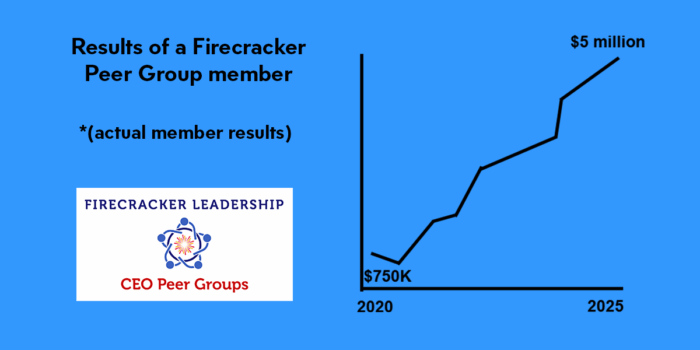My Wednesday Wish for You: To Be Your Own Best Friend We often push ourselves harder than anyone else ever…
Worried about the future? ITR Economics shares how 2030 will be different from 1930 and how to deal with what we have coming.
Most people have lived through difficult economic times of some sort. And everyone has at some point learned about the most significant economic downturn in modern US history – the Great Depression of the 1930s. In keeping with our unique business cycle theory, ITR Economics is forecasting that another Great Depression will start near the beginning of the next decade. We put together a comparison between the 1930s Great Depression and the upcoming 2030s Great Depression to give you insight into what’s to come.
Causes of the 1930s Great Depression
Coming out of the first world war, the 1920s were a time of ample growth in the economy. Most people thought the good economic times were going to last; some looked to “make it big” in the stock market, invested unwisely in other areas, and spent lavishly. Of course, this was not true of everyone, but such behavior was widespread enough in the US and Europe to lead to a serious problem when the good times came to end. Behind the consumer spending and investing by individuals and businesses were central banks that were ultimately very accommodative in their policies. Without their actions, the 1930s would have been very different.
As most people were unaware of the negative economic signs, the stock market crashed in October of 1929. Soon after the crash, Wall Street grew frenzied as investors faced heavy losses. This caused a ripple effect, and key banks soon failed, ultimately leading many to lose their money, jobs, businesses, and homes. The first Great Depression spanned a decade, finally concluding in 1939.
Did you know that ITR Economics was founded in part because of the Great Depression? Our firm was founded in 1948 by Chapin Hoskins, a managing editor at Forbes magazine. Hoskins was researching economic theory to determine whether there was a way to identify upcoming depressions and recessions. Having lived through the Great Depression, he thought someone should have seen such a catastrophic event coming. With our passion for helping businesses plan effectively ahead of upcoming economic turns, ITR Economics has kept this spirit alive, whether the future holds rise or decline. Both require lead time to plan and take appropriate actions.
[ Further Reading: 2008 Great Recession vs 2030s Great Depression ]
How the 1930s Great Depression Will Compare to the 2030s Depression
The causes of the upcoming Great Depression will not be the same as the original, and the two events will not “feel” the same. For example, due to certain federal regulations that weren’t in place 100 years ago, banks won’t be failing in the 2030s. On the other hand, we will have a new demographics issue to contend with in the 2030s; our aging population contrasts with the plentitude of young workers a century ago.
Predominantly, the next Great Depressions will be similar to its predecessor in the way it will be unforeseen and unexpected for the vast majority of people; for that reason, the emotional strain on people and the similar pain for unprepared businesses could parallel that of the 1930s.
Just as many of us will never forget the influence of COVID-19 on our lives, the Great Depression of the 2030s will impact the way we think, how we spend money, who and what we trust, and what we assign importance to in our lives.
How to Remain Hopeful During the 2030s Great Depression
Of course, the upcoming Great Depression will have a profound effect on mental health, which is beyond the scope of this piece. However, we can offer some practical suggests to help individuals best navigate what’s to come.
- Have the Right Financial Mindset
- There will be work and opportunities. Not all industries will facing the same economic challenges.
- There will be a lot of negative news about unemployment, the stock market, wages, and some business failures. Deal with the economic realities and consult actual data available from ITR.
- Firms and individuals that are entrepreneurial will find opportunities, especially as they adapt to the needs of the marketplace.
- Competitive advantages and value-add positioning will be key.
- Scrutinize your cost-structure heading into the depression. High fixed costs will be difficult to roll back.
- Be Prepared Once the Depression Ends
- Regarding personal finances – and this might seem difficult: save as much money as you can between now and the next decade.
- The climb out of a depression is a time of tremendous opportunity. Look to invest or start your business after the Great Depression. You don’t want to look back with regret at a missed opportunity.
- Knowing the low point of this economic contraction will give you a competitive advantage. Preparing your business now to capitalize when that moment arrives could put you ahead of the competition coming out of the depression.
Just as the 1930s Great Depression defined a generation, the upcoming Great Depression will define a generation as well. While the next Great Depression will be driven by very different circumstances, there are many things you can do for yourself and your business to establish advantageous positioning before, during, and after the downturn. Remember to follow ITR Economics; we can help you reduce risk and make practical and profitable business decisions, even during these upcoming tumultuous times.



